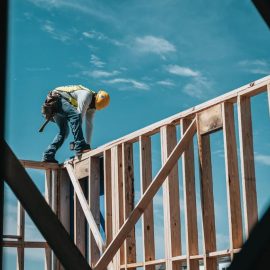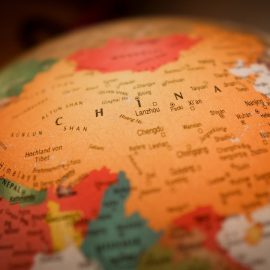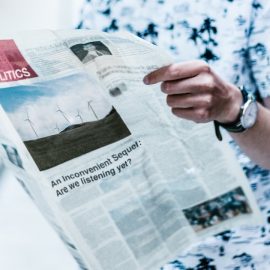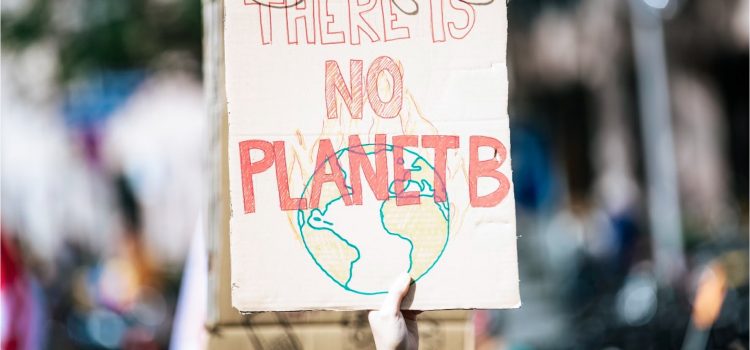
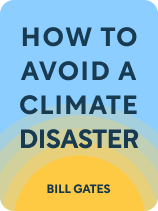
This article is an excerpt from the Shortform book guide to "How to Avoid a Climate Disaster" by Bill Gates. Shortform has the world's best summaries and analyses of books you should be reading.
Like this article? Sign up for a free trial here.
Should local governments get involved in addressing climate change? What can local municipalities do to curb CO2 emissions?
When it comes to addressing climate change, local governments have more power to help curb CO2 emissions than individuals because of their ability to influence markets. Therefore, they should support green products or companies whenever possible.
Here’s how local governments can help fight climate change, according to Bill Gates.
Local Government Climate Change Mitigation
Local and regional governments and businesses can help curb carbon emissions by factoring them into local standards, regulations, and budgets. For example, public utility companies should invest in renewable energy and subsidize efforts to make carbon-less energy affordable and feasible for their customers.
(Shortform note: Involvement from state governments and local businesses is one of the reasons more people are investing in solar panels in the US, where the solar industry has grown 10,000% since 2006, and the cost of solar has decreased by 70% since 2014. Many state governments drive solar prices down by providing state tax credits for solar panels. Additionally, local utilities around the country are making solar more affordable by offering customers rebates on their energy bills or paying their customers a fixed amount per kilowatt-hour their solar system produces.)
Gates recognizes that a large-scale shift away from fossil fuels will benefit the planet but may devastate some families and communities when fossil fuel industries downsize and jobs are lost. These are unintended consequences of addressing climate change. Local governments must be proactive in assessing what a shift toward carbon-less energy will mean for their constituents and make a plan to support them.
| Renewable Energy Creates Jobs Fossil fuels often become political in the context of job loss, with many suggesting a false choice between jobs or the environment. However, according to the Department of Energy’s 2022 US Energy and Employment Report, jobs in the renewable energy industry grew faster than the country’s overall increase of 2.8%. The report notes that in 2021, jobs in electric vehicles increased by over 26%, jobs in solar increased by 5.4%, and jobs in wind increased by 2.9%, with the energy sector growing by 4%. To Gates’s point, even though the move toward carbon-less energy creates jobs overall, those jobs aren’t equally distributed around the country. For example, although Montana has very high wind power potential, the state only employs 86 people in the industry. Meanwhile, Massachusetts has relatively low solar potential compared to other parts of the country but employs more people in the industry than any state other than California. Finally, Texas has very high potential in both wind and solar but employs relatively few people in either industry, considering its potential for power generation. These discrepancies highlight the role of local leaders and industries in capitalizing on carbon-less energy opportunities. |

———End of Preview———
Like what you just read? Read the rest of the world's best book summary and analysis of Bill Gates's "How to Avoid a Climate Disaster" at Shortform.
Here's what you'll find in our full How to Avoid a Climate Disaster summary:
- Bill Gates's technology-based strategies for reducing global carbon emissions
- The challenges and limitations that come with fighting climate change
- The roles governments, private entities, and individuals must play to save the planet

